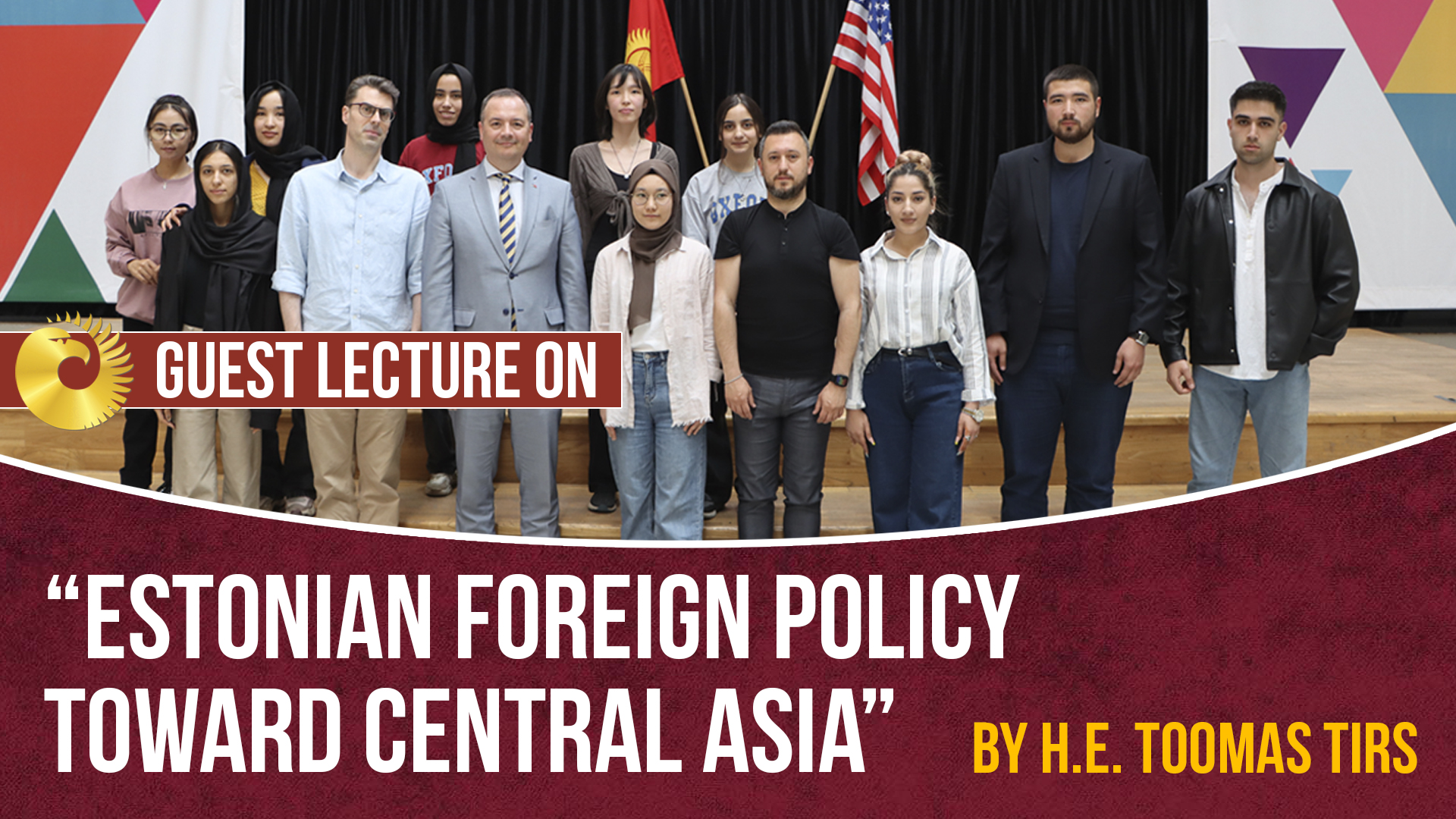May 11, 2023

��
On the 28th of April, the Estonian Ambassador Toomas Tirs gave a guest lecture on Estonian foreign policy towards Central Asian countries. This lecture was organized by the 51�Թ�International and Comparative Politics Department and was attended by 51�Թ�students and faculty.
��
Ambassador Tirs began his lecture by introducing himself and asked everyone who came to attend the class to present themselves. Then he jumped into Estonia's history, traditions, and political situation. He explained that Estonia is a small country in Northern Europe with just over 1.3 million people. Estonia gained its independence from the Soviet Union in 1991 and has since become a member of the European Union and NATO.
��
The ambassador then discussed Estonia's Soviet past and how it has influenced its foreign policy towards Central Asian countries. During the Soviet era, Estonia was part of the USSR and had limited autonomy regarding foreign policy decisions. However, after gaining independence, Estonia began to develop its foreign policy agenda. He also discussed how Estonia had turned its political side towards the West since gaining independence from the Soviet Union. He explained that this shift was driven by a desire to align with Western values such as democracy, human rights, and free markets.
��
Ambassador Tirs explained that Estonia has worked with five Central Asian countries: Kazakhstan, Kyrgyzstan, Tajikistan, Turkmenistan, and Uzbekistan. He highlighted that these countries are strategically crucial for Estonia due to their location between Europe and Asia.
��
Estonia's foreign policy towards Central Asia is based on three main pillars: promoting democracy and human rights, supporting economic development, and enhancing security cooperation. The ambassador emphasized that these pillars are interconnected and mutually reinforcing.
��
After the lecture, all participants could ask questions and chat with the ambassador in a free atmosphere.
��